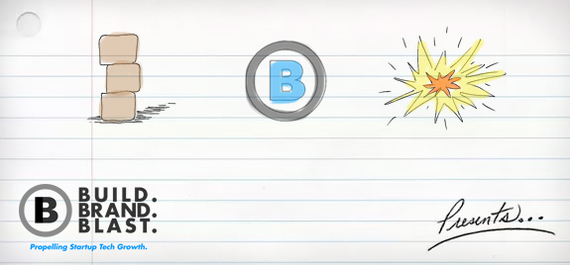No matter what, you're going to face risks as an entrepreneur of a startup company, but there are always ways to minimize those potential risks.
Most first-time entrepreneurs are either overwhelmed by the sheer quantity of dangers they face as they step into the role, or are oblivious and underprepared for those risks due to lack of experience. My goal is always to help entrepreneurs realistically understand the types of risks they face, and how to minimize those risks as much as possible.
Large-scale risks are more dangerous and more obvious, such as running out of funding, experiencing a dramatic shift in customer demand, or losing an important client. Small-scale risks are less worrisome, but can cumulatively have a major impact on your business, such as the loss of a crucial team member, or a problem with a new product.
Not all risks are preventable, but they are diminishable. In other words, it is always possible to reduce the likelihood that something bad might happen, and reduce the potential negative impact if something bad does happen.
Follow these keys to mitigate your large-scale and small-scale risks in virtually any type of startup:
- Follow the course of similar businesses. Study the history of your competitors and similar startups that came before you. Learn from their mistakes, and watch out for obstacles they faced along the way.
- Do your research. Do as much research as you can, as thoroughly as you can before any major decision. Don't assume you know how your customer thinks, or that your business is already as efficient as it can be.
- Never trust anything fully. Don't take anything for granted. Don't trust that your investors won't pull out. Don't trust that your team members won't leave. Don't count on your customers to stay with you forever.
- Always have a backup plan. That means have a plan B, and a plan C, for every decision and strategy you execute.
- Have redundancies built in. Have a "B-team" that can fill in for your A-team in an emergency. Have a running list of possible new products in case demand takes a radical shift. Contingencies and redundancies are the keys to preventing major loss in unexpected circumstances.
Again, you'll never be an entrepreneur of a risk-free enterprise, but with these keys, you can reduce the potential consequences you face if things take a sour turn.
Jose Vasquez is a serial entrepreneur and tech enthusiast dedicated to helping startup technology companies get the direction and momentum they need to succeed. As the founder of Build. Brand. Blast., Jose has established a collective resource for tech entrepreneurs to consult when brainstorming, creating, launching, or expanding a new business. Jose is also the founder and CEO of Quez Media Marketing, a marketing firm that combines technology and creativity to help new and growing companies get the results they need.
Jose graduated from Goldman Sachs' 10,000 Small Businesses program. Goldman Sachs is a partner of the What Is Working: Small Businesses section.
Follow Jose:

